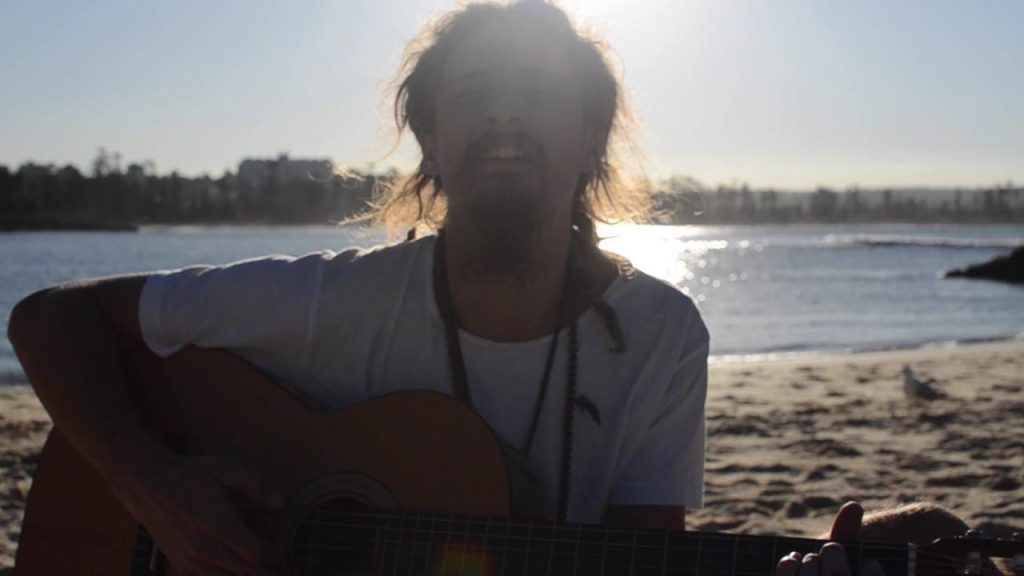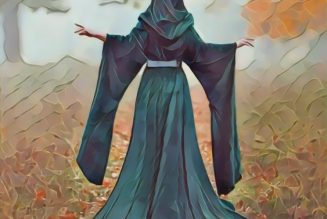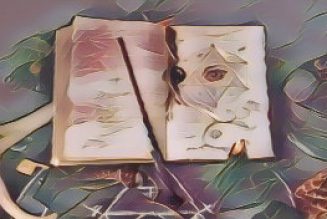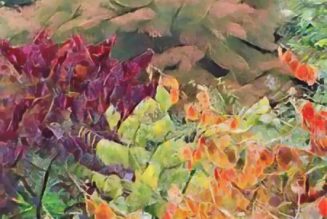When I say “ancestors,” I use the term loosely. Of course I mean our grandmothers and grandfathers, parents, aunts, and uncles who’ve passed on. But I also mean siblings and friends, and I don’t mean to exclude companion animals, either. I also mean anyone who’s had a great influence on your life: I might sing for Jackie Kennedy, for instance, or for a friend’s brother, for Carl Sagan, or for Doreen Valiente or Gerald Gardner. None of them are my blood ancestors, but they are people who were dear to me, who gave me part of my life. I think of them often, and I wish to honor them. You can sing for all such people in your life, too. And one other thing: When it comes to such rites, everybody can sing. No one should be excluded, or exclude themselves, from this ritual. No arguments: Whether you should quit your day job or not, you can sing for your ancestors. All you will need, besides your voice and your memory of someone dear, is some water (or cider, or tea, and so forth) and some snacks for afterwards. Your singing may both energize and drain you, and even a small feast when you’re finished will help ground you again. If you’re singing with friends, a potluck makes it even more fun and meaningful, especially if you bring dishes made from old family recipes. This is another “rite” that can be conducted within or without a formally cast Circle. It’s a little like atonal chanting, except that there is an effort to keep the harmonies pleasant. It’s best if everyone’s sitting or standing in a rough circle (rather than in rows). Someone begins by saying, “I sing in honor of ______________,” naming an ancestor. She or he “aaahhs” or “ohhhhs” a tuneless or nearly-tuneless few notes, and then someone else joins in. “I sing for ________________,” the second person says quietly, and then “aaaahhhs” or “ohhhhs” (or “oooohhs”) on the same note(s) or in harmony. One by one, everyone present joins in, naming first who they’re singing for, and then adding their voice to the sound. If a tune develops, fine; if none does, that’s alright too. The harmonies can go high or low; someone may wish to voice a beat, an “oom-pah” or a “dah-da, dah-da,” or a “humm, humm, humm, humm.” Stay with this long enough to get through any initial awkwardness, and let your voices blend. Perhaps someone will introduce a well-known chant, or its tune. Maybe someone will be inspired to something like an aria. Maybe people will make other rhythms by clapping their hands or drumming on their thighs or on the floor, or tapping their feet; maybe someone—maybe several people—will start dancing. “Sing, feast, dance; make music and love,” the Goddess says in her Charge. I’m sure our ancestors second that, and will very much appreciate being remembered in this lovely, powerful way. You probably won’t need anyone directing the energy this rite raises. Most likely, it will fade on its own. If you feel “buzzy” or lightheaded when all the voices are quiet, sit on the floor and put your palms flat on the ground beside you, and let the energy drain into the earth. The ancestors will accept it as part of the offering. When everyone’s feeling relaxed again, share a bit of food and drink, and don’t forget to make up a plate for the ancestors! A word for solitaries: If you have a recorder on your phone, you can record yourself ahead of time; then when you play the record back, you can harmonize with yourself. If you slowly say the names of the people for whom you’re singing, you can speak during the pauses on the tape, too. You could add a guitar, if you play one, or beat a drum, too. But your voice alone really is just as pleasing to the ancestors as a full choir. (And yes, it’s okay if the dog sings too.)























